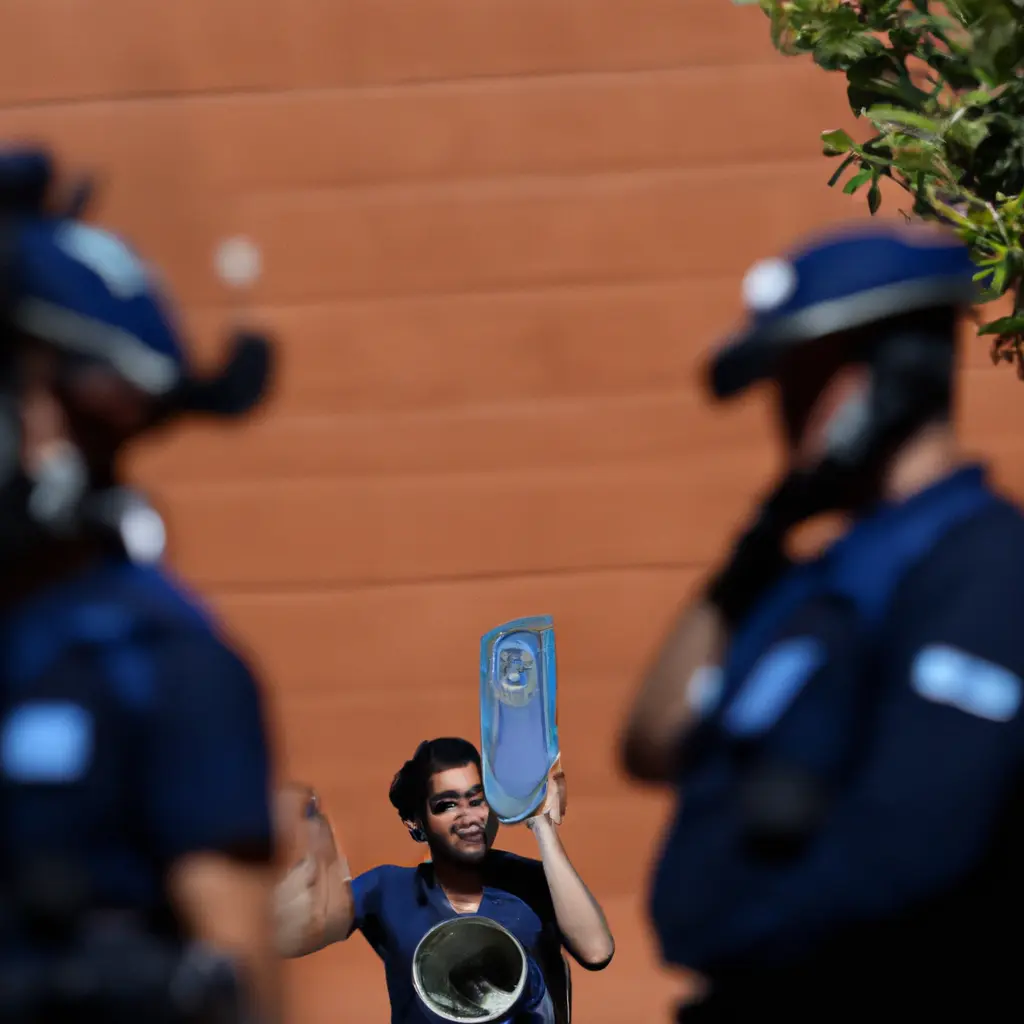Iran: In Sweden - against burning Quran and freeing the prisoner.

The invasion of the Palestinian militant group HAMAS into Israel shattered the illusion of stability in the Middle East and sparked a war that could reshape the influence of major powers in the region and beyond. How all of this will be resolved largely depends on the duration and course of the war, including the question of whether another Iranian-backed militant organization, Hezbollah, will open a second front against Israel in the north, expanding the conflict to Lebanon and possibly Syria.
The explosion that claimed the lives of hundreds of people in a gas hospital in Gaza on October17th has sparked mutual accusations and increased tension just hours before the arrival of US President Joe Biden in Israel, underscoring the importance of the events for the Middle East, Washington, and the entire world.
Analysts say that a new war could help the Kremlin distract attention from the bloodshed it is causing in Ukraine, squeezing US military resources and bolstering Russia's anti-Western narratives, but an expansion of the conflict between Israel and Hamas could run into problems in Moscow's carefully crafted ties to the Middle East and undermine its influence in the region. Over more than two decades in power, Russian President Vladimir Putin has made significant strides in restoring Moscow's influence in predominantly Muslim countries in the Middle East lost after the breakup of the Soviet Union in1991 and established friendly relations with Israel. However, Israel sees Syria and Iran as serious threats to national security, and Putin has strengthened Russia's relations with both these countries. He has increased Russia's military presence in Syria, where the Kremlin, Hezbollah, and Iran support President Bashar al-Assad in his12-year war against opposition groups, some of which are supported by the United States, whose troops are also stationed there. He has also expanded military cooperation with Iran, the largest supplier of attacking drones that Russia uses in its war against Ukraine. Now something may change. "The real test for Russia's relations with Israel will be what Hezbollah does. If they attack, Israel will respond with a strong blow to Hezbollah, which is on the same team as Russia in Syria. And I think that's where we'll see the deterioration of relations," said Mark Katz, a professor of political science at George Mason University in Virginia who specializes in Russia and the Middle East, to RFERL.
Signs of tension became noticeable after Hamas's invasion on October7, which killed over1,400 Israelis, making it the deadliest attack in the country's history. Putin took several days to speak out, and when he did, unlike the widespread Western condemnation of Hamas, he blamed the United States for its inability to achieve a two-state solution to the decade-long Israeli-Palestinian conflict. In remarks during a10-minute meeting, Putin did not mention Hamas by name, speaking of "events" and "tension," and a UN Security Council resolution draft prepared by Russia on October16 also did not mention Hamas or its attack. "Israelis are much more critical of those who do not stand on their side or at least do not condemn what Hamas has done," said NFR/RL Nimrod Goren, president of the Israeli Institute for Regional Foreign Policies in Jerusalem and a senior fellow at the Middle East Institute.
The invasion of HAMAS and Israel's response have sparked criticism of Israel from pro-Russian analysts and commentators on Russian state television. However, analysts say that Russia should be cautious in its actions to not drift too far from Israel towards its enemies, including Iran. Russia's relations with Iran have "significantly changed," said analyst Hanna Notte from Berlin, an expert on Russian politics in the Middle East. "But I still don't think Russia wants to fully align with Iran, that it wants to disrupt its relationships with Israel and Persian states." Mark Galeotti, author and analyst of Russian politics, said, "While Russia and Iran have positive relations in terms of sanctions violations, we must remember that especially when it comes to Middle East policies, Russia and Iran are at best 'enemies' - they are competitors for dominance." "We have seen this also in Syria," Galeotti said.
**Syria serves as Russia's largest physical foothold in the Middle East. Russian military and air bases there constitute its sole military presence in the Mediterranean, providing strategic leverage to project power beyond its immediate region. This presence hinges on the survival of the Assad regime, also backed by Iranian and Hezbollah fighters. As of2022, Russia allegedly moved over1,000 troops and air defense systems from Syria to support its war against Ukraine, where Moscow's forces faced serious setbacks in the months following Putin's full-scale invasion.
14 May 2025
14 May 2025
13 May 2025

However, Russia's relations with Israel cooled with the start of Russia's full-scale invasion of Ukraine in February2022. It is widely believed that Putin expected to overthrow Ukraine within a few days or weeks. His apparent inability to foresee a long war left Russia unprepared militarily, and sanctions from the West that hindered its military industry forced it to turn to Iran and North Korea for drones and missiles. In response, Russia promised to give Iran advanced weapons, including fighter jets. The United States described the relationship as "unprecedented" and a "full-fledged defense partnership" that threatens Iran's neighbors, including Israel. However, Israel refused to join US and European Union sanctions against Russia or provide weapons to Ukraine, although it allowed Washington to move American ammunition depots to the country for Ukraine.
...
Comment
Popular Offers

Subscribe to the newsletter from Hatamatata.com!
Subscribe to the newsletter from Hatamatata.com!
I agree to the processing of personal data and confidentiality rules of Hatamatata











